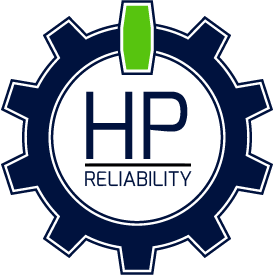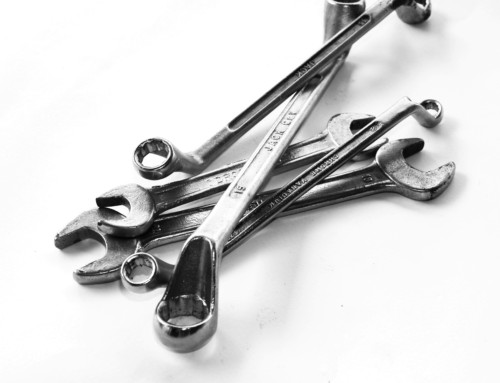Ensuring Your Equipment Is Maintained to a Basic Level of Care
When you hear the term basic care, what comes to mind?
 I remember hearing a story of a brand new packaging line that was installed. It operated at high OEE, delivering significant improvements over the old line. Within 6 weeks, the line was running worse than the original one. Finger pointing ensued, the OEM saying it was how it was maintained. With the manufacturer saying it was a poor design.
I remember hearing a story of a brand new packaging line that was installed. It operated at high OEE, delivering significant improvements over the old line. Within 6 weeks, the line was running worse than the original one. Finger pointing ensued, the OEM saying it was how it was maintained. With the manufacturer saying it was a poor design.
A few weeks later, a prominent government official was scheduled to visit the site to officially open the new line. The site was shut down and all the equipment was thoroughly cleaned. The line started up and ran just as well as it did when it was first installed. This story highlights the importance of having clean equipment, and the impact it can have on an operation. This is where Basic Care comes in.
What is Basic Care?
Basic Care is ensuring your equipment is maintained to a minimum level which guarantees the performance of the operation. This minimum level includes ensuring the equipment is;
- Clean – depending on the industry, this may vary from just being clean, to sanitized. Regardless of the industry, the level of cleanliness should be defined and standardized. How the cleaning is performed is critical. If the equipment is cleaned improperly than this risk of induced failures exceeds the benefits of cleaning it.
- Lubricated – when equipment is properly lubricated, it will last longer and run with less issues. The key word here is properly, not over lubricated, not under lubricated. This is often a challenge for most organizations. Colour coding, and lubrication identification tags can help sort this out.
- Satisfies regulatory requirements – review the regulatory requirements for all equipment on site. Develop checklists to ensure that the equipment can be validated that it is in regulatory compliance.
Having the equipment clean and properly lubricated can enable a reduction in up to 40% of the failures. Combine that with not having to worry about regulatory requirements, and your operation will excel.
The Value of Basic Care
Ensuring Basic Care is in place, provides value to any operation. The benefits of Basic Care mirror those seen when 5s is in place. There are some more benefits as Basic Care includes lubrication, and ensures regulatory compliance.
- Improves Moral
- Cleanliness
- Regulatory Compliance
- Safety
- Increased Reliability
Who Performs the Activities in Basic Care?
Determining who should be performing the Basic Care activities can be difficult decision.
- The Operations team is ideal to perform the Basic Care activities. It builds ownership of the equipment, and enables operator to gain a greater understanding of their influence on the equipment performance. There may be certain activities that the operators cannot perform. These are best left to maintenance.
- Maintenance can perform the Basic Care tasks, but is it the best use of their skills? Maintenance Technicians are expensive and an organization can better use their skills with value added work such as repairs, improvements, and defect elimination.
Is your operations maintaining the equipment to a basic level of care? Are you exposed to risk due to regulatory incompliance? I suggest you review your equipment strategy. Ensure that all regulatory requirements are meet and a basic level of care is in place.
Remember, to find success, you must first solve the problem, then achieve the implementation of the solution, and finally sustain winning results.
I’m James Kovacevic
Eruditio, LLC
Where Education Meets Application
Follow @EruditioLLC


